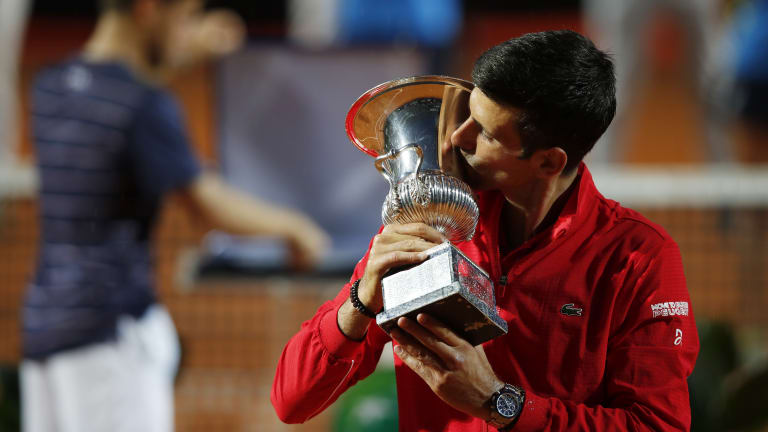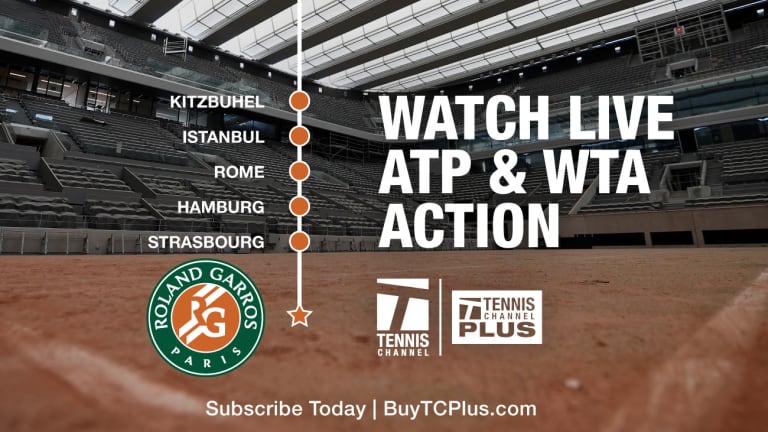Roland Garros
Novak Djokovic is a champion of rare character and durability
By Sep 22, 2020Roland Garros
Iva Jovic, Emilio Nava clinch USTA's Roland Garros wild cards
By May 05, 2025Roland Garros
Rafael Nadal to be honored with 'exceptional' tribute on opening day of Roland Garros
By Apr 17, 2025Roland Garros
French Open organizers introduce draw to access ticket sales
By Jan 07, 2025Roland Garros
Coaches Corner: Juan Carlos Ferrero proves essential to Carlos Alcaraz's Roland Garros success
By Jun 14, 2024Roland Garros
What’s next for Novak and Nadal? Four ATP storylines after the Paris fortnight
By Jun 10, 2024Roland Garros
Naomi’s resurgence, Iga on grass: Four WTA storylines after the Paris fortnight
By Jun 10, 2024Roland Garros
Carlos Alcaraz becomes the clay-court champion that he—and we—always knew was possible
By Jun 09, 2024Roland Garros
Coco Gauff wins first Grand Slam doubles title with Katerina Siniakova in dream team debut
By Jun 09, 2024Roland Garros
Coco Gauff is a Grand Slam champion in singles and doubles, exceeding her own expectations
By Jun 09, 2024Novak Djokovic is a champion of rare character and durability
The Serb won his fourth title of the year after one of the lowest moments of his career.
Published Sep 22, 2020
Advertising

Novak Djokovic is a champion of rare character and durability
© Getty Images
Advertising
Novak Djokovic is a champion of rare character and durability
Advertising

Novak Djokovic is a champion of rare character and durability